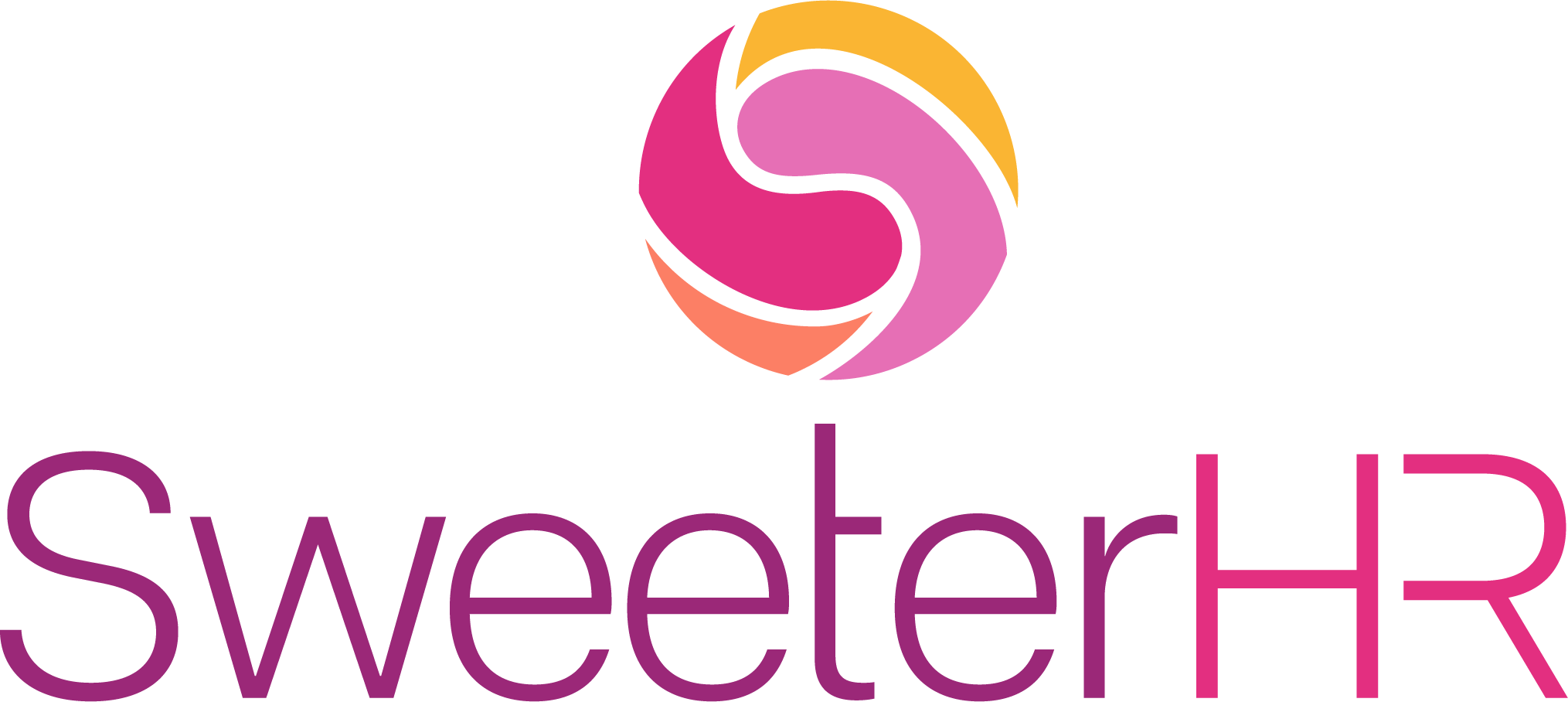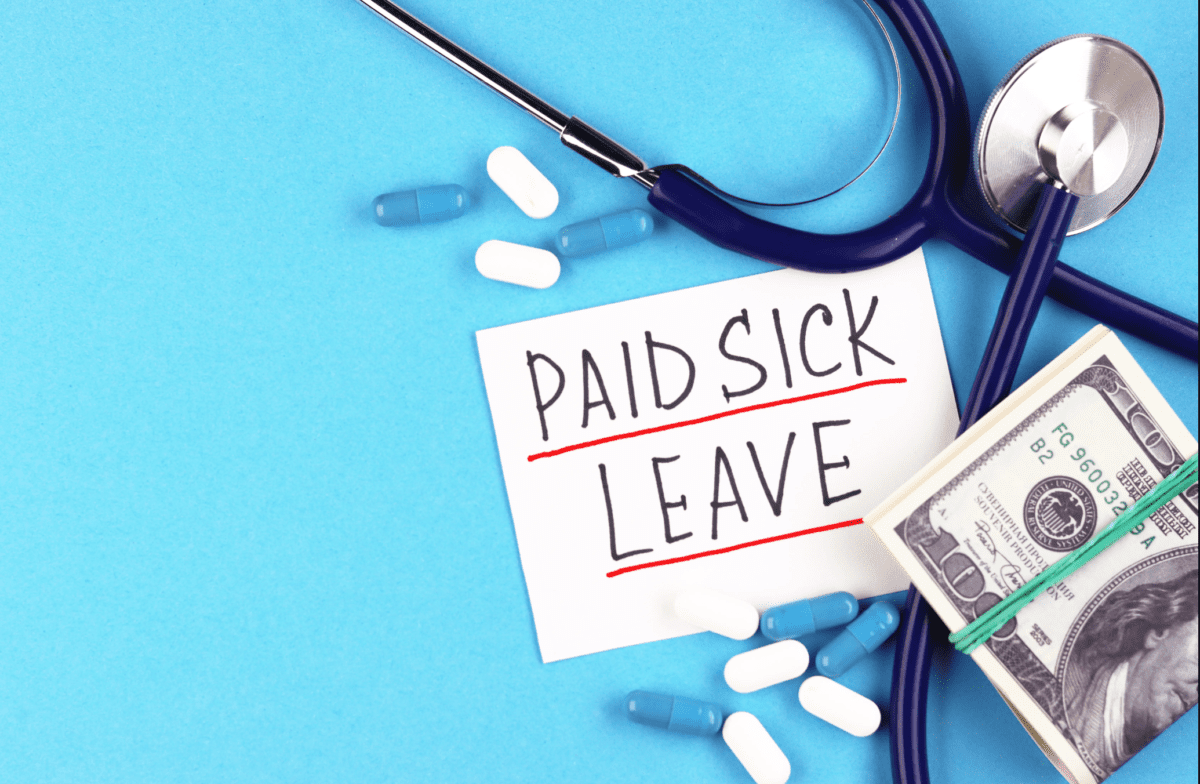It is the end of October 2023 and that means the Governor has approved or vetoed the upcoming legislation for 2024! We are surprised more didn’t pass and happy to help guide you through the changes that did.
Increase in Paid Sick Leave for California Employees
Effective on 01/01/2024, California is increasing the amount of paid sick leave employees may take annually from three days (24 hours) to five days (40 hours) and increasing the accrual cap to 80 hours (10 days) rather than 48 hours (six days).
Employers should be prepared to update their required postings, revise their policies, align them with this update, and share the update with employees on or before the first of the year. For companies in localities that have their own sick leave ordinances, employers should verify their current paid sick leave offerings provide at least the amount required by the state law, if the new legislation passes.
Employers may use one of the following Paid Sick Leave award methods when complying with this update:
Accrual: Employees accruing 1 hour of paid sick leave for every 30 hours worked are not subject to change to their accrual method or frequency based on this update. Employers applying a different accrual method should ensure their employees are earning 24 paid sick leave hours by 120 days of service and 40 hours by 200 days of service, or within a 12-month period.
Lump Sum: If employees are awarded a lump sum of paid sick leave must have a minimum of 24 hours (3 days) of sick leave available for use no later than 120 days of service and 40 hours (5 days) after 200 days of service.
Upfront: Employers, as always, are welcome to provide their employees with the entire 5 days of sick leave upfront, all at once, and allow them to use their time before they have reached 120 days of service.
Employees may carry over unused paid sick leave into the next 12-month period if they are using the accrual or lump sum methods. If an employee is awarded all 40 hours (or 5 days) up front each year, there is no carryover requirement.
While localities offering their own paid sick leave ordinances have some flexibility to craft their own specifications, they must follow the letter of the state law when it comes to the following provisions:
Payout of unused sick leave at termination of employment
Advancing sick days to employees
requirement of employers to provide written notice of available paid sick leave
Rate of pay calculations for sick leave utilized by employees
Notification for using sick leave (whether foreseeable or unforeseeable)
Time period in which used sick leave must be paid out to employees
Off-Duty Cannabis Use
Starting from January 1, 2024, California employers are prohibited from taking adverse action against employees for off-duty cannabis use or for non-psychoactive cannabis metabolites found in pre-employment drug tests, as per Assembly Bill 2188 (AB 2188), signed by the governor in 2022. A recent amendment, Senate Bill 700 (SB 700), further clarifies this law, making it unlawful for employers to inquire about an applicant’s prior cannabis use, including in their criminal history. These regulations are part of the California Fair Employment and Housing Act (FEHA) and come with standard remedies, including attorney’s fees. The legislative intent is to align cannabis use discrimination with that of alcohol and other legal drugs, ensuring equal treatment in employment.
Reproductive Loss Leave
Senate Bill 848 introduces Reproductive Loss Leave in California, making it illegal for employers to deny eligible employees up to five days of leave following a “reproductive loss event.” This event includes failed adoptions, surrogacies, miscarriages, stillbirths, or unsuccessful assisted reproduction. Covered employers (those with five or more employees) must provide this leave, but it’s limited to a maximum of 20 days within a 12-month period. Eligible employees, who have worked for the employer for at least 30 days, can take this leave within three months of the event, and it need not be consecutive days. The leave is unpaid, unless the employer has a paid leave policy, and employees can use accrued sick leave or other paid time off if available. Importantly, SB 848 prohibits retaliation against employees who request or take reproductive loss leave, providing legal protection for them.
Updates to Non-Competes and Non-Solicitation Agreements
Two significant bills, Senate Bill 699 and Assembly Bill 1076, have recently brought major changes to California’s non-compete and non-solicitation agreements. These legislative changes aim to reinforce the protections outlined in California Business and Professions Code Section 16600, which states that contracts restraining individuals from engaging in lawful professions, trades, or businesses are void.
Senate Bill 699 introduces Business and Professions Code Section 16600.5, stating that any contract void under Section 16600 is unenforceable, regardless of when or where it was signed. Employers are prohibited from entering into contracts with employees or prospective employees that include void provisions under Section 16600. Companies attempting to enforce such contracts are considered to commit a civil violation. The new law also grants employees the right to take legal action against employers with restrictive covenants in their agreements, with provisions for attorney’s fees.
Assembly Bill 1076 amends Business and Professions Code Section 16600 and introduces Section 16600.1. It confirms that all noncompete clauses, no matter how narrowly tailored, are void unless they meet specific statutory exceptions. Section 16600’s application is not limited to contracts where the restrained party is a party to the contract. Furthermore, Section 16600.1 makes it illegal to include noncompete clauses in employment contracts and requires companies with such clauses in their contracts to notify all current and former employees employed after January 1, 2022, that these clauses are void. The deadline for this notification is February 14, 2024.
Violence Prevention Plan and Training
On September 30, 2023, California enacted groundbreaking workplace violence prevention safety requirements, the first of their kind in the United States, applicable to nearly all employers in the state. These requirements mandate that covered employers, with very few exceptions, must establish and implement a workplace violence prevention plan by July 1, 2024, as part of their Injury and Illness Prevention Plans.
Key elements of the workplace violence prevention plan include:
1\. Designating individuals responsible for the plan.
2\. Procedures to actively involve employees and authorized employee representatives in developing and implementing the plan.
3\. Methods for coordinating the plan with other employers when applicable.
4\. Procedures to accept and respond to reports of workplace violence and protect employees from retaliation.
5\. Effective communication procedures for employees regarding workplace violence incidents, emergencies, and obtaining assistance from designated staff or law enforcement.
6\. Identifying and evaluating workplace violence hazards, conducting periodic inspections, and addressing identified hazards.
7\. Post-incident response and investigation procedures.
8\. Plan review and revision procedures with active employee involvement.
9\. Initial and annual training for employees on the plan.
Employers are also required to maintain specific records, including records related to hazard identification, training, workplace violence incidents, and incident investigations for a minimum of five years, which must be provided to Cal/OSHA upon request. We will be working to assist in the creation of Violence Prevention Plans and Training for our clients. Please stay tuned…
Retaliation Claims
Senate Bill 497 introduces a significant change to retaliation claims in California. Under this law, there is now a rebuttable presumption of retaliation if an employee experiences adverse action within 90 days of engaging in certain protected activities. These activities include filing or participating in a Labor Commissioner claim, participating in a Fair Pay Act claim, engaging in lawful off-duty conduct, or other actions protected by the Labor Code.
Importantly, at the outset of a claim, the employee only needs to demonstrate that they engaged in protected activity and experienced subsequent adverse action. It is then the employer’s responsibility to rebut this presumption of retaliation. Make sure to work with us to limit your exposure to the assumption of retaliation.
Wait, What?
Assembly Bill 594 grants authority to local prosecutors to initiate actions for the enforcement of labor code violations. Under this legislation, any lost wages recovered will be awarded to the affected employees, while recovered penalties will contribute to the state’s general fund. The law also allows for the possibility of awarding attorneys’ fees.
Furthermore, this law makes arbitration agreements (except for collective bargaining agreements) ineffective in the context of local enforcement actions. It’s important to note that the Budget Bill, passed in June 2023, allocated $18 million to local agencies for the enforcement of the California labor code.
Another Update to Arbitration Agreements
Senate Bill 365, despite federal policy and Supreme Court precedent, removes the automatic stay of trial court proceedings when there’s an appeal related to the petition to compel arbitration. This means that trial court proceedings can continue even if there’s an ongoing appeal regarding arbitration, which may lead to increased court costs and resources spent on cases that eventually go to arbitration. The United States Supreme Court has consistently supported a national policy favoring arbitration, as highlighted in its recent ruling in Coinbase, Inc. v. Bielski. Expect further legal challenges and developments related to this new law in 2024.
Hospitality, Hotels et al
Senate Bill 723 expands recall and retention rights in the hospitality industry, building upon the 2021 SB 93. Originally, SB 93 required seniority-based recall for laid-off hospitality employees due to COVID-19. This applied to various sectors, including hotels, private clubs, event centers, airport hospitality, janitorial, building maintenance, and security services.
Now, SB 723 extends these protections until December 31, 2025. Notably, it broadens recall rights to include employees who worked for an employer for at least six months and experienced a separation from employment after March 4, 2020. Furthermore, the new law presumes that employees separated due to a lack of business, reduction in force, or other economic reasons were impacted by the COVID-19 pandemic, although this presumption can be rebutted.
Health Care Minimum Wage Hike
California has introduced new minimum wage requirements for employees in the healthcare industry. These wage requirements vary based on the size and type of healthcare operation or facility. The minimum wage adjustments apply to a wide range of healthcare employees, including nurses, physicians, caregivers, janitors, clerical workers, and more, regardless of their formal job titles.
The wage changes will be phased in according to the following schedules:
For health care employers with over 10,000 employees:
\- $23/hr. starting from June 1, 2024
\- $24/hr. starting from June 1, 2026
\- $25/hr. starting from June 1, 2028
For health care employers with fewer than 10,000 employees:
\- $21/hr. starting from June 1, 2024
\- $23/hr. starting from June 1, 2026
\- $25/hr. starting from June 1, 2028
It’s important to note that the salary test for overtime exemption in the healthcare industry is set at 1.5 times the healthcare worker minimum wage or 2 times the state minimum wage, whichever is greater. Additionally, future wage increases will either be 3.5% or based on the Consumer Price Index for All Urban Consumers (CPI-U).


